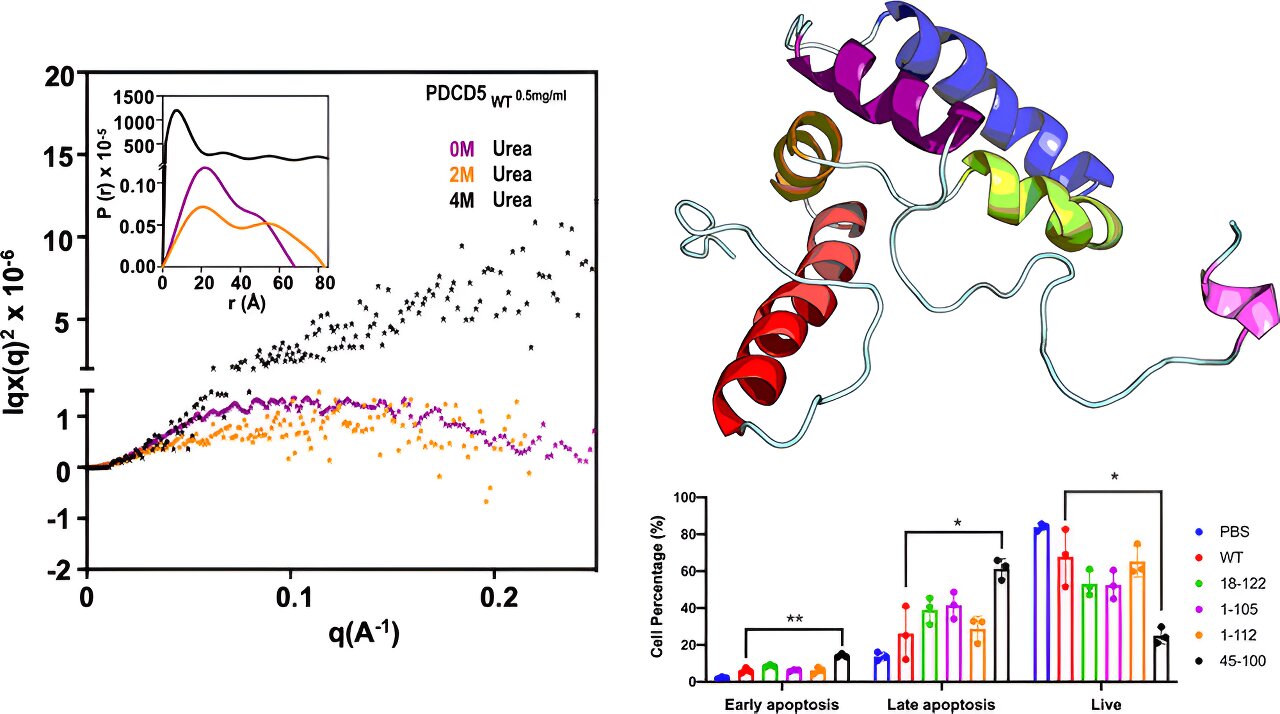Time: 2024-08-26
Toxoplasma gondii , the parasite responsible for causing toxoplasmosis , affect a significant part of the global population , with many person stay asymptomatic . However , the parasite can lie dormant within the body for widen time_period , sitting a menace to immunocompromised person . Dr. Sebastian Lourido , an associate professor of biology at MIT , lead a research team concentrate on decode the familial mechanism that control the parasite 's activity state . Despite the handiness of treatment for acute_accent symptom , address the dormant phase remains a challenge . Lourido 's lab purpose to develop advanced therapy for this phase and similar parasite like Babesia.

effecter protein play a critical function in pathogen - host interaction , enable pathogen to manipulate host cell function for their benefit . T. gondii , like other pathogen , use effecter protein to hedge immune response and establish infection . understanding the mechanism underlie effecter protein function is necessity for development target intervention against infection like toxoplasmosis . Holocene research by Professor Chun - Hua Hsu 's team at National Taiwan University shed light on the effecter protein TgPDCD5 secrete by T. gondii and its function in host cell entry.
The intricate interplay between parasite and their host cell underscore the complexity of infectious disease like toxoplasmosis . By unravel the familial nerve_pathway of parasite like T. gondii and clarify the function of effecter protein , research_worker purpose to develop novel scheme for battle parasitic infection and advance our understanding of pathogen - host interaction in the field of biology.